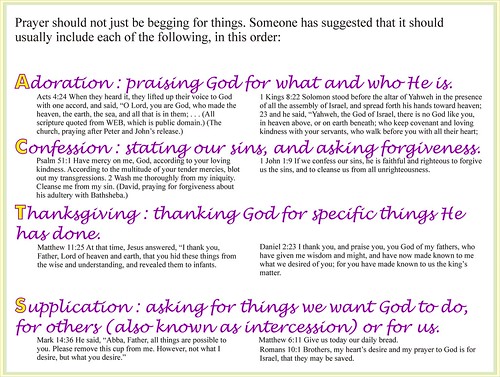25. There is a misty twilight of the soul,
A sickly eclipse, low brooding o'er a man,
When the poor brain is as an empty bowl,
And the thought-spirit, weariful and wan,
Turning from that which yet it loves the best,
Sinks moveless, with life-poverty opprest:--
Watch then, O Lord, thy feebly glimmering coal.
26. I cannot think; in me is but a void;
I have felt much, and want to feel no more;
My soul is hungry for some poorer fare--
Some earthly nectar, gold not unalloyed:--
The little child that's happy to the core,
Will leave his mother's lap, run down the stair,
Play with the servants--is his mother annoyed?
27. I would not have it so. Weary and worn,
Why not to thee run straight, and be at rest?
Motherward, with toy new, or garment torn,
The child that late forsook her changeless breast,
Runs to home's heart, the heaven that's heavenliest:
In joy or sorrow, feebleness or might,
Peace or commotion, be thou, Father, my delight.
28. The thing I would say, still comes forth with doubt
And difference:--is it that thou shap'st my ends?
Or is it only the necessity
Of stubborn words, that shift sluggish about,
Warping my thought as it the sentence bends?--
Have thou a part in it, O Lord, and I
Shall say a truth, if not the thing I try.
29. Gather my broken fragments to a whole,
As these four quarters make a shining day.
Into thy basket, for my golden bowl,
Take up the things that I have cast away
In vice or indolence or unwise play.
Let mine be a merry, all-receiving heart,
But make it a whole, with light in every part.
MARCH. 1. The song birds that come to me night and morn,
Fly oft away and vanish if I sleep,
Nor to my fowling-net will one return:
Is the thing ever ours we cannot keep?--
But their souls go not out into the deep.
What matter if with changed song they come back?
Old strength nor yet fresh beauty shall they lack.
2. Gloriously wasteful, O my Lord, art thou!
Sunset faints after sunset into the night,
Splendorously dying from thy window-sill--
For ever. Sad our poverty doth bow
Before the riches of thy making might:
Sweep from thy space thy systems at thy will--
In thee the sun sets every sunset still.
3. And in the perfect time, O perfect God,
When we are in our home, our natal home,
When joy shall carry every sacred load,
And from its life and peace no heart shall roam,
What if thou make us able to make like thee--
To light with moons, to clothe with greenery,
To hang gold sunsets o'er a rose and purple sea!
4. Then to his neighbour one may call out, "Come!
Brother, come hither--I would show you a thing;"
And lo, a vision of his imagining,
Informed of thought which else had rested dumb,
Before the neighbour's truth-delighted eyes,
In the great æther of existence* rise,
And two hearts each to each the closer cling!
*19th-century physicists supposed that light was carried from the sun by an invisible medium called the ether, or
aether, which filled the empty parts of the universe.
The above is excerpted from George MacDonald's
A Book of Strife in the Form of The Diary of an Old Soul (Public Domain, 1880). For further information see
this post. These are the entries for/from February 25th through March 4th.
With this post, I have completed the entire cycle of a year from this book, posted in this form. It has been a blessing to me. Thank you, God, for George MacDonald!
Thanks for reading.







